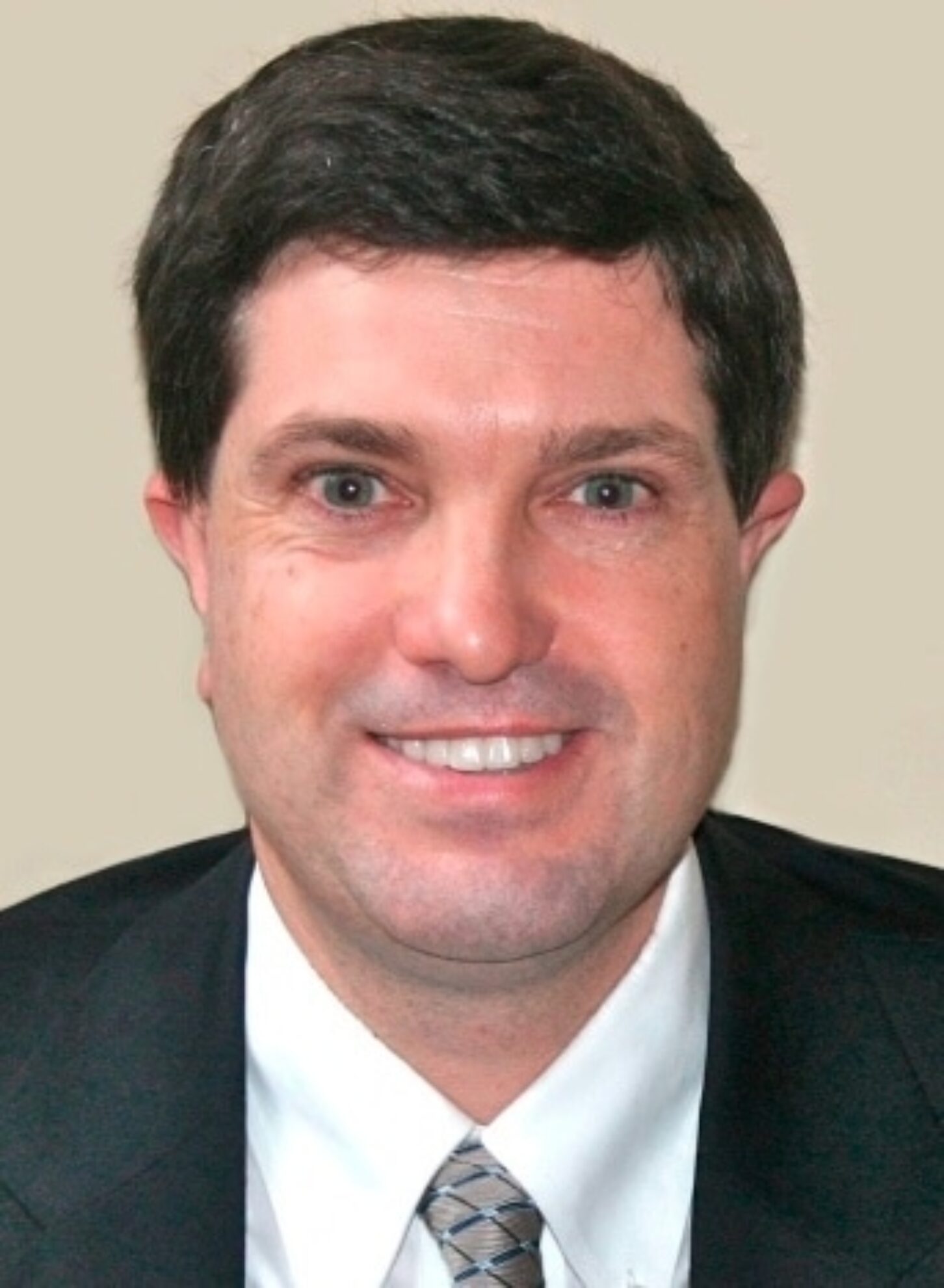

“Steven,” a young student from a low-income family, wanted to become an engineer. He understood his best chance of success was to enroll in his district’s math- and science-focused charter school. But the charter school could not afford a track team or such facilities, and Steven was an exceptional runner who was expected to earn a college track scholarship.
The young man and his family were forced to make a choice: Pursue the option to finance his college education through an athletic scholarship but with an inferior academic education, or pursue the charter school option that would best prepare him academically for college and career – without athletic opportunity.
This is a choice no student should be forced to make.
While the current political debate circles around income inequality, Americans all agree upon the primary principle that everyone should have an equal opportunity: that any citizen can grow up to be a CEO or President in the United States. But that grand aspiration will never truly be fulfilled without a student-focused education policy that opens all available doors of opportunity to the poor and disadvantaged.
Georgia has at least three specific opportunities to move the needle toward equal opportunity
First, no Georgia child should be in Steven’s position, having to choose between his passion and his education. Florida and several other states solved this problem with a simple law essentially stating that when a student’s current school doesn’t offer a particular extracurricular activity, that student is eligible to participate in the activity in their neighborhood school. When a school is unable to offer track or a debate team, the student does not lose the opportunity. But if the school the child attends starts to offer the activity, the student must participate there, which eliminates the potential for “recruiting” students just for sports.
This approach recognizes the importance of extracurricular activities to students and their development even though many smaller schools cannot afford a broad extracurricular offering, a policy clearly in the best interests of the child.
Second, Georgia must open up the world of digital learning to all students. Imagine a student who needs to take a physics course for college admission but his school has no certified physics teacher. This is an unfortunate reality in many schools across Georgia.
One solution is to create a statewide clearinghouse where students from anywhere could sign up for online classes from multiple providers and taught by certified teachers.
The exciting part about this solution is that several of Georgia’s most accomplished school districts, including Gwinnett and Forsyth counties, already have virtual schools to provide online classes to their own students. A state clearinghouse would allow their courses to be offered seamlessly to students across the state.
Imagine the impact if every Georgia student had access to a Gwinnett County quality of education. Even better, visualize the ability to leverage the skills of our most effective teachers. This would provide an opportunity to expand these teachers’ circle of impact and compensate them commensurately.
Third, children must be free to attend the public school best suited to them. Georgia Tech and the University of Georgia are outstanding schools, but not for someone who doesn’t like math or who functions better in a small school environment. Unfortunately, the Georgia Supreme Court’s 2011 ruling dramatically limits the educational options for low- and middle-income students trapped in an underperforming school or one that does not meet their needs.
Georgia’s Constitution must be amended to reaffirm that K-12 education is a shared responsibility between state and local government. That provides the checks and balances in determining what is an adequate public education for Georgia’s children. Their future is too important to allow political decisions to be a barrier to opportunity. When students are denied access to quality public schools such as Ivy Preparatory Academy and the Fulton Science Academy while “dropout factories” are allowed to stay open, Georgia has a serious problem.
Each Georgia student is unique and there is no one-size-fits-all solution for education. Education is about economic development. More than that, however, it’s about the fundamental right of every Georgian for equal opportunity. And no opportunity is more important than a quality education, especially for the poor and disadvantaged. Keeping the focus on the student ensures that the billions of taxpayer dollars spent every year provides every child with the greatest chance for success.
What happened to Steven, you ask? He sacrificed athletics for academic excellence … a choice no child should be forced to make.
